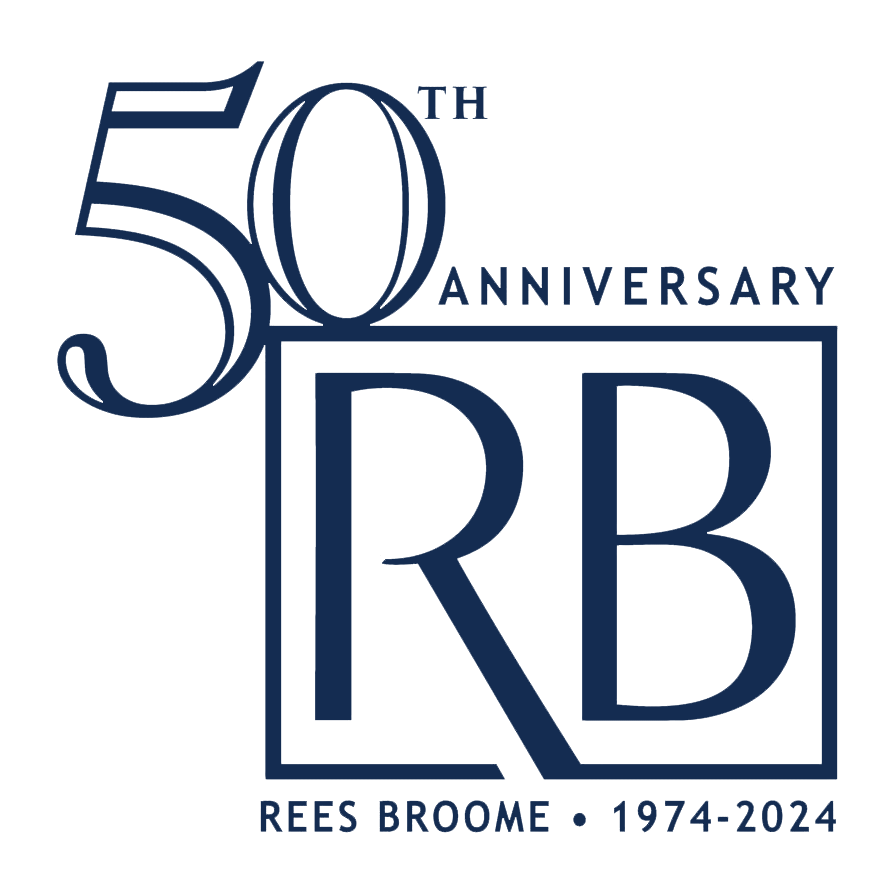Maryland Legislative Update
By: Peter Philbin and Leslie Brown
During its 2017 legislative session, the Maryland General Assembly approved a number of bills that were signed into law affecting community associations in Maryland.
Sale of Common Areas
The new legislation requires community associations, through their governing bodies, to provide written notice to the association’s membership of any sale of common property, such as, for example, a tax sale of common area/elements due to unpaid Clean Water Act taxes. The notice must be provided no less than 30 days prior to the sale, which can be sent to each owner individually, or posted at the property and made available on the homepage of the association’s website. This law will likely only impact homeowners associations and reinforces the importance of ensuring that all common area parcels have been conveyed to the Association (from the developer) and that the mailing addresses on file with County are up to date. (Effective October 1, 2017)
Termination of Utility Service in Multifamily Buildings
The new legislation permits utilities to offer “3rd party notification” before utility service is suspended for nonpayment. This legislation applies to multifamily buildings, so it will allow condominium unit owners who are landlords (or property managers hired by such unit owner landlords) to be provided notice of suspension of utility services if the tenant consents. With this legislation, landlords can be notified if their tenant has not paid utilities and take action before the tenant uses unsafe methods for heating (such as candles or gas heaters) if electricity is shut off. Condominium associations may want to review their leasing rules/lease addendums to determine if the association has the authority to compel tenants to authorize the utility company to send a notice of cancellation to the unit owner/owner’s agent. (Effective October 1, 2017)
Amendment of Governing Documents
This new legislation lowers the percentage of votes needed to approve an amendment to a homeowners association’s governing documents or a condominium association’s Bylaws to 60%, unless such documents permit a lower percentage. The legislation excludes from that computation owners who are not in “good standing”, which is defined as more than 90 days in arrears in payments due to the association. These changes will make it easier for community associations to amend these instruments by lowering the approval threshold. Note that there is some debate on whether the 60% vote is based on a total voting pool after removal of the members not in good standing. (Effective October 1, 2017)
Resale Inspection Fees
The new legislation permits homeowners associations to charge an “inspection fee” of up to $50 as part of the resale disclosure process, if the inspection is required by the association’s governing documents. The Maryland Condominium Act was amended last year to provide condominiums with a similar right to charge inspection fees, but permits a fee of up to $100. (Effective October 1, 2017)
Mortgagee/Lender Foreclosures
Currently, banks are required to provide a notice of foreclosure sale to community associations that have a recorded lien against a lot or unit at least 30 days in advance of a foreclosure sale. Under the new legislation, in the event a foreclosure sale is cancelled or postponed, a notice of such cancellation or postponement must also be provided to the association with a recorded lien. This notice obligation will save associations the time and effort of trying to confirm the cancellation or postponement of a foreclosure sale independently. (Effective October 1, 2017)
Small Claims Actions and Appeals
Currently, officers or employees of certain entities are able to represent the entity (e.g., corporations) in small claims actions in District Court. The new legislation allows those persons to also continue to represent the entity in the appeal of such actions from the District Court. (Effective October 1, 2017)
Notice of Foreclosure
Effective October 1, 2018, banks filing a foreclosure action are required to file a notice of such filing with the Department of Labor, Licensing and Regulation (DLLR) within 7 days of such filing. The notice will be required to specify name, address and telephone number of the person authorized to make the sale and the person authorized to maintain and manage the property prior to sale. DLLR is expressly permitted to provide such information to homeowners and condominium associations. This will help community associations to be able to contact the new owner of record with issues relating to assessments, maintenance, etc. post-foreclosure. (Effective October 1, 2018)
Significant Legislation Considered But Not Adopted
Smoking
The proposed legislation would have permitted community associations to ban tobacco smoking within a condominium unit or a townhome.
Electric Charging Stations
The proposed legislation would have greatly diluted the ability of community associations to control the installation of individual electrical charging equipment in certain common elements.
Statewide Community Association Registration
The proposed legislation would have required registration of community associations with the state and payment of an annual registration fee.
Mandatory Reserves
The proposed legislation would have mandated that community associations obtain periodic reserve studies.
Expansion of Debtor Exemptions
The proposed legislation would have greatly expanded exemptions for assessment debtors and made it harder for community associations to collect outstanding dues.
If you have any questions regarding the 2017 legislative changes, please do not hesitate to contact one of our Rees Broome community association attorneys.
